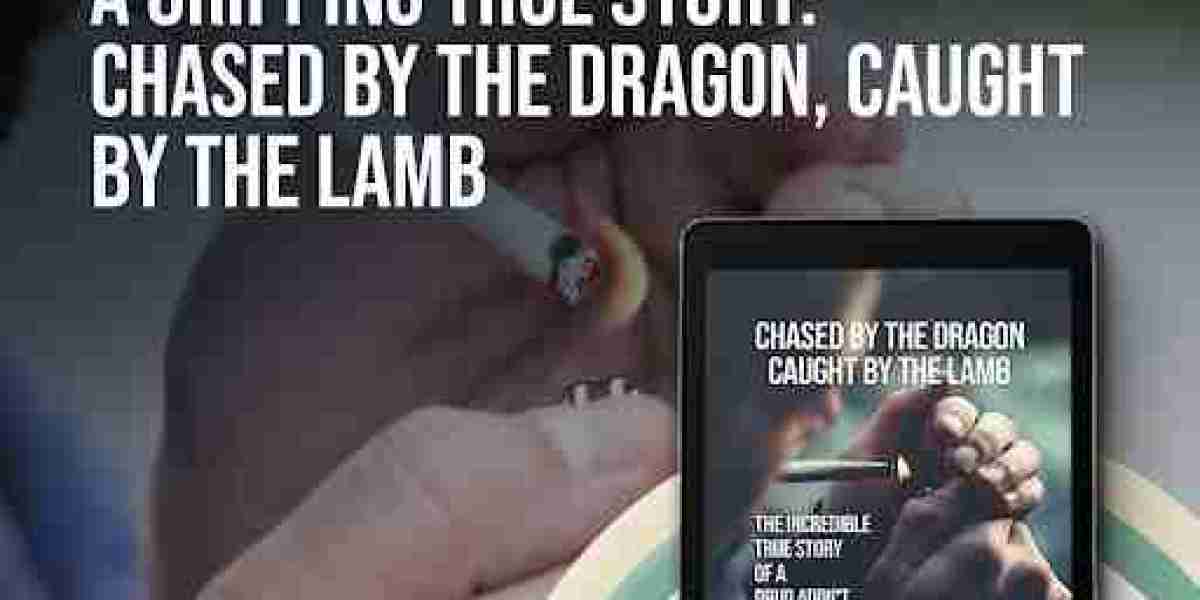Although childhood is a time of innocence, some people can have experiences that tarnish their innocence and cause lifelong wounds. The issue of childhood trauma's effects on addiction and recovery explores the deep links that exist between past traumas and current challenges. We will go into the intricacies of how early trauma can impact the emergence of addiction and the obstacles it poses during the healing process in this blog.
Understanding Childhood Trauma
A loved one's death, neglect, physical or emotional abuse, exposure to violence or drug misuse in the home, and other events can all result in childhood trauma. These encounters can profoundly impact a child's emotional and psychological growth, laying the groundwork for difficulties down the road.
Coping Mechanisms: The Seeds of Addiction
When faced with trauma, people frequently create coping strategies to manage the intense feelings of stress and anxiety. In an attempt to self-soothe or numb the agony, substance abuse may result for some people. Addiction may be facilitated by the desire to escape the emotions and memories connected to traumatic experiences.
The Cycle of Addiction and Re-Traumatization
When addiction spreads, people could participate in dangerous activities and situations that might re-traumatize them, perpetuating the cycle of trauma. Because of this, the healing process can be difficult and intricate for those who need to treat both their addiction and the underlying trauma.
Dual Diagnosis: Addressing Both Addiction and Trauma
To treat addiction effectively, a dual diagnosis approach that recognizes and treats the addiction, as well as the underlying trauma, is frequently necessary. By taking this method, people can address the underlying causes of their addiction and create more effective coping mechanisms.
Trauma-Informed Care: A Path to Healing
Rehab from addiction must include trauma-informed care. This method acknowledges the effects of trauma and offers a secure, encouraging setting for people to recover. It highlights compassion, comprehension, and how critical it is to deal with trauma-related concerns throughout the healing process.
Resilience and Recovery
Although there is no denying the difficult effects of childhood trauma on addiction and recovery, it's crucial to keep in mind resilience's potent force. In addition to overcoming addiction, many traumatized people discover strength and healing in their recovery process.
Conclusion
The complexities of addiction as a reaction to suffering and misfortune are illuminated by investigating the effects of early trauma on addiction and recovery. It emphasizes the necessity of providing compassionate, trauma-informed care and the understanding that recovering from addiction frequently entails healing from prior wounds. Recovery is evidence of the human spirit's resiliency and transformative potential; it shows that, with the correct care and assistance, people can escape the cycle of trauma and addiction and start along a path toward a better, happier life.
Dive into the powerful narrative of Brian Morris's book, "Chased by the Dragon Caught by the Lamb." This incredible true story not only takes you on a journey through addiction and redemption but also delves into the profound impact of childhood trauma on addiction and recovery. Get your copy today by clicking here: https://amz.run/6rqn to discover the resilience of the human spirit and the transformative power of faith. Don't miss this opportunity to explore the complexities of addiction and the path to healing. Get your copy now and be inspired!














